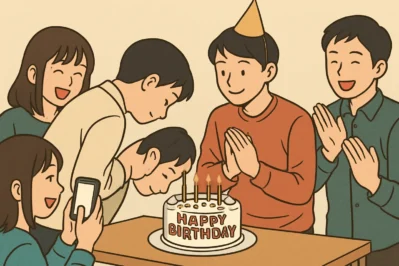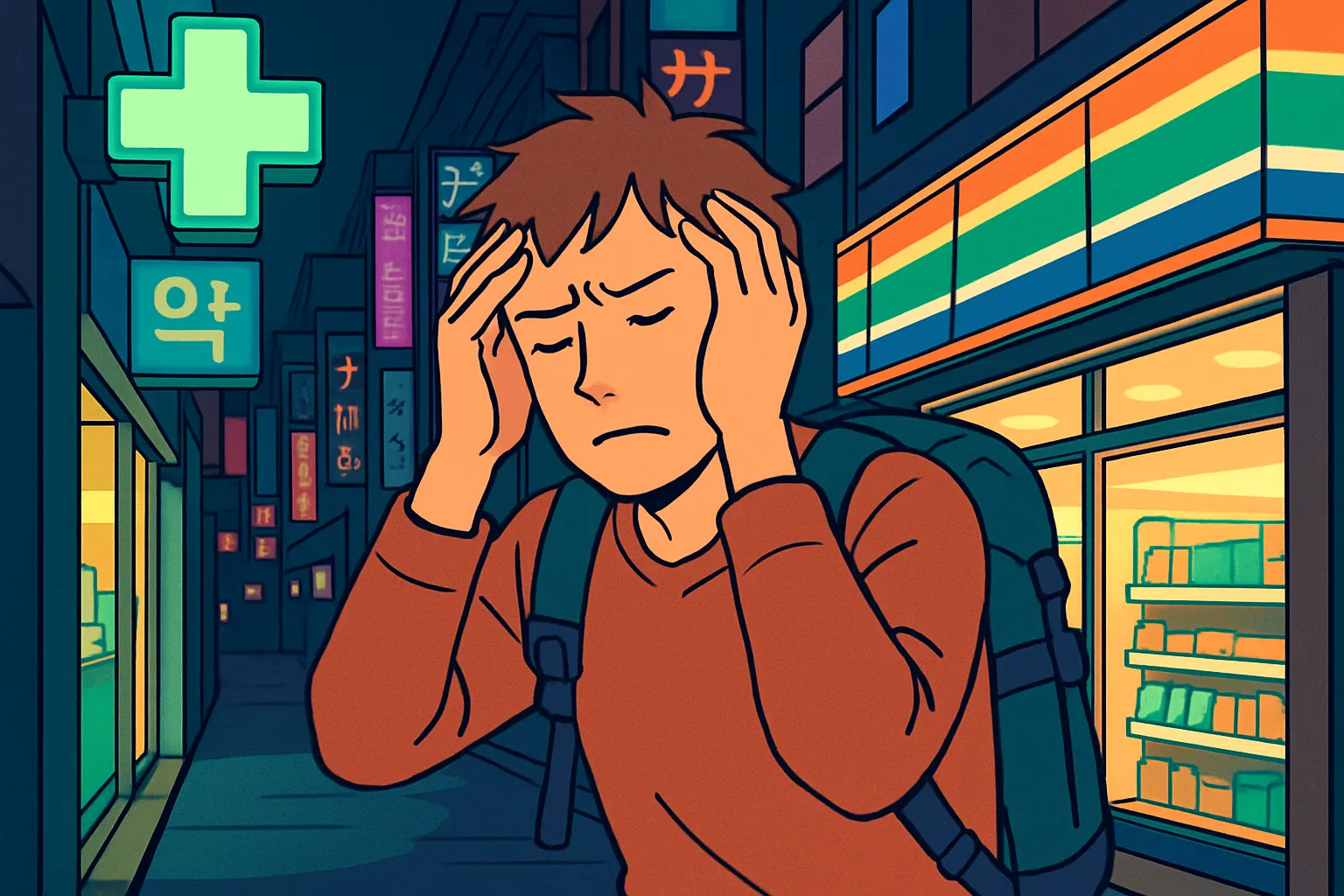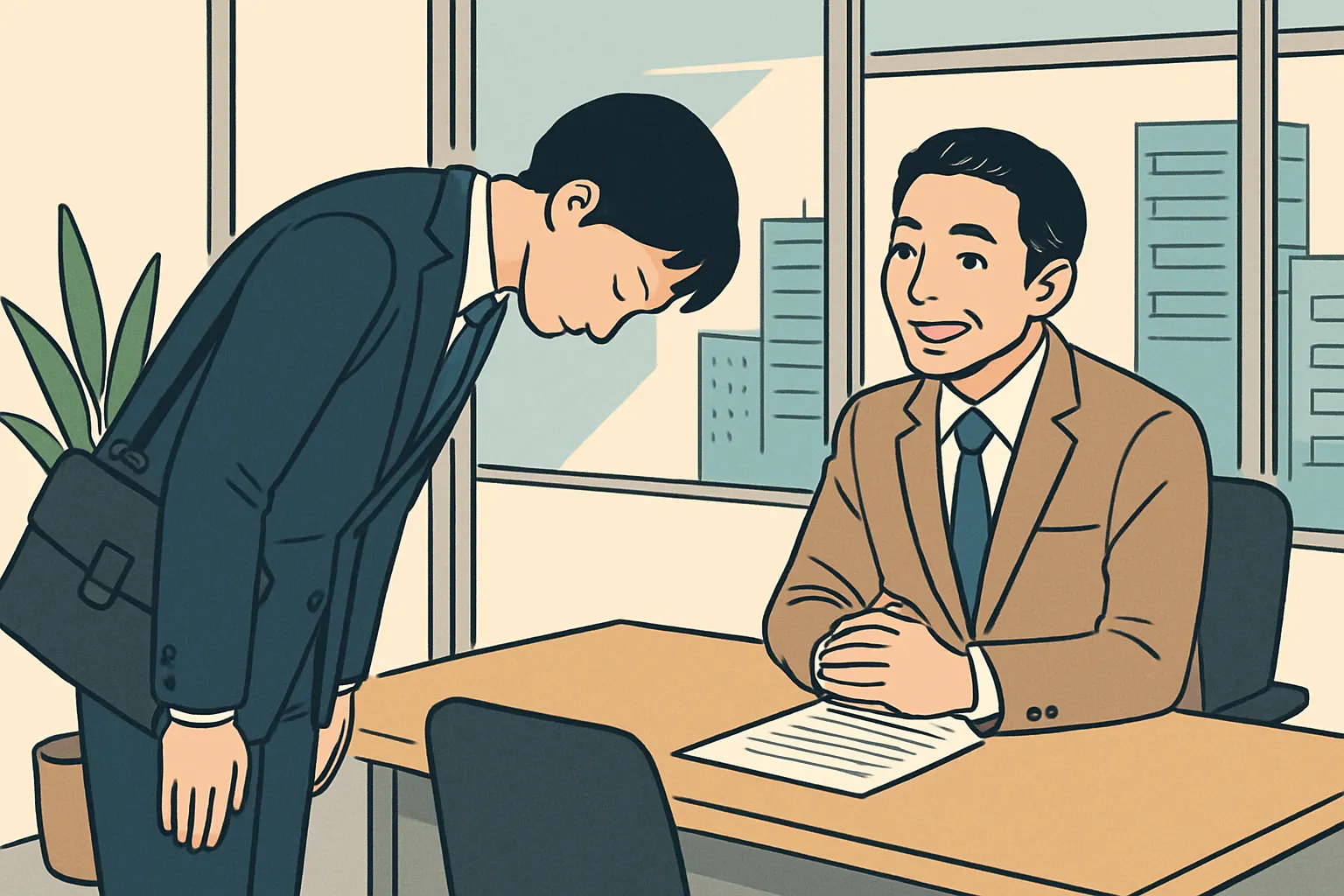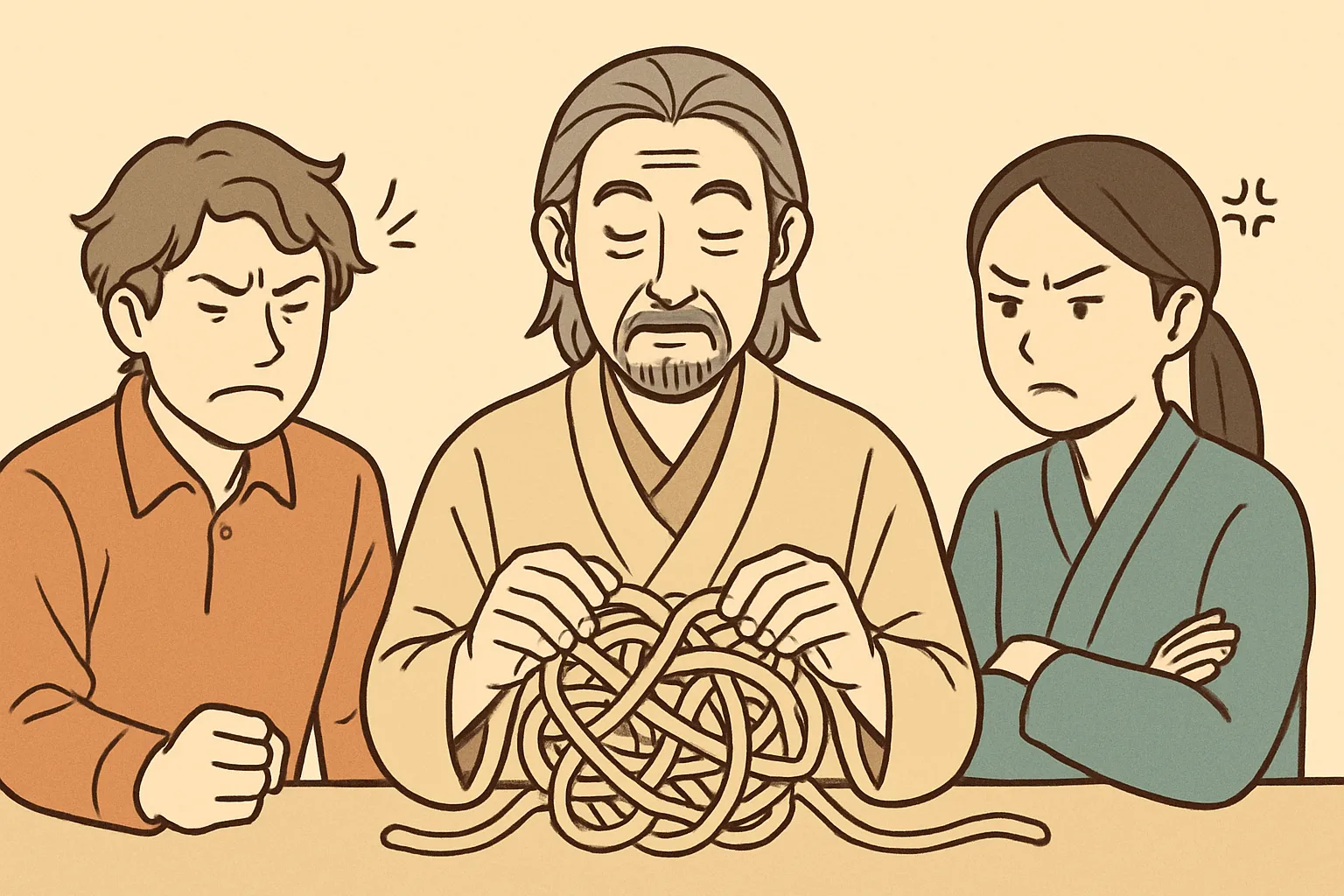Beyond ‘Gamsahamnida’: Thank Your Host Like a Korean!
Hello! Welcome to [Maeil Hangeul], your daily boost for leveling up your Korean skills!
Have you ever been invited to a Korean friend’s birthday party? It’s a blast! But what do you say after the party is over? Today, we’re going to learn how to thank your host like a native speaker, so you can leave a great impression and get invited back for more fun.
Lately in Korea, birthday parties aren’t just about cake and gifts. It’s all about creating special memories with trendy “lettering cakes” (custom-designed cakes with messages) and taking cute group photos at “Insaeng Nekeot” (인생네컷) photo booths. After enjoying all this fun, a sincere ‘thank you’ is the perfect way to cap off the celebration. Let’s learn how!
Core Expressions You Must Know
Here are three essential phrases to thank your host perfectly.
1. 초대해 줘서 고마워요 (Chodaehae jwoseo gomawoyo)
- Pronunciation: [Cho-dae-hae jwo-seo go-ma-wo-yo]
- English Meaning: Thank you for inviting me.
- Detailed Explanation: This is the most direct and important phrase! 초대하다 (chodaehada) means ‘to invite’. You can use this exact phrase when texting or talking to your friend the day after the party. It’s polite, friendly, and shows you appreciate being included. For a very close friend, you can speak casually by saying 초대해 줘서 고마워 (Chodaehae jwoseo gomawo).
2. 덕분에 정말 즐거웠어요 (Deokbune jeongmal jeulgeowosseoyo)
- Pronunciation: [Deok-bu-ne jeong-mal jeul-geo-wo-sseo-yo]
- English Meaning: Thanks to you, I had a really great time.
- Detailed Explanation: This is a fantastic way to give credit to the host! 덕분에 (deokbune) means “thanks to…” and it’s used to attribute a positive outcome to someone or something. It makes your compliment sound much more sincere and heartfelt than just saying “It was fun.”
3. 다음에 제가 살게요 (Daeume jega salgeyo)
- Pronunciation: [Da-eum-e je-ga sal-ge-yo]
- English Meaning: Next time, it’s my treat / I’ll buy next time.
- Detailed Explanation: This is a golden phrase in Korean social culture! 사다 (sada) means ‘to buy’. By saying this, you’re expressing your gratitude and showing your intention to return the favor. It could mean buying coffee, a meal, or drinks next time you meet. It’s a very friendly and common way to show you want to continue the friendship.
Example Dialogue
Let’s see how these phrases work in a real conversation! Imagine you (Jane) are texting your friend Minjun the day after his birthday party.
A (Jane): 민준아, 어제 파티 정말 재미있었어! 초대해 줘서 고마워요.
(Minjun, the party yesterday was so much fun! Thank you for inviting me.)
B (Minjun): 와줘서 고마워요, 제인 씨! 재미있었다니 다행이다.
(Thanks for coming, Jane! I’m glad you had fun.)
A (Jane): 네, 덕분에 정말 즐거웠어요. 특히 직접 만든 떡볶이랑 레터링 케이크는 최고였어요!
(Yes, thanks to you, I had a really great time. The homemade tteokbokki and the lettering cake were the best!)
B (Minjun): 하하, 마음에 들었다니 기쁘네요!
(Haha, I’m happy you liked it!)
A (Jane): 그럼요! 다음에 제가 살게요! 맛있는 거 먹으러 가요.
(Of course! Next time, it’s my treat! Let’s go eat something delicious.)
Culture Tip & Trend Deep Dive
In Korea, reciprocating kindness is a huge part of friendship. The phrase 다음에 제가 살게요 (Next time, it’s my treat) is the key to this culture. It’s not a formal contract, but a warm social gesture.
How Korean Z-Gens use this on Social Media:
After a fun party, it’s very common to see people post a group picture (maybe an Insaeng Nekeot photo strip!) on Instagram with a caption like:
“수진이 생일 파티! 초대해줘서 고마워 ❤️ 덕분에 너무 즐거웠어! 케이크도 최고! #생일축하해 #레터링케이크 #우정스타그램”
(“Sujin’s birthday party! Thanks for the invite ❤️ Thanks to you, it was so much fun! The cake was the best, too! #HappyBirthday #LetteringCake #Friendshipgram”)
Using these phrases not only helps you speak Korean but also helps you understand the culture of gratitude and reciprocity in Korean friendships. When you say “Next time, it’s on me,” you’re not just being polite—you’re being a good friend.
Let’s Wrap It Up!
Great job today! You’ve learned how to thank a party host in a way that will make your Korean friends feel truly appreciated.
Remember these three key phrases:
* 초대해 줘서 고마워요. (Thanks for inviting me.)
* 덕분에 정말 즐거웠어요. (Thanks to you, I had a great time.)
* 다음에 제가 살게요. (Next time, it’s my treat.)
Quick Practice!
Your friend Bora invited you to her housewarming party. The next day, you want to send her a thank-you message. How would you fill in the blank?
보라 씨, 어제 집들이 파티에 _________ 줘서 정말 고마워요!
Leave your answer in the comments below using the expressions we learned today! We’d love to see you practice. Keep up the amazing work






